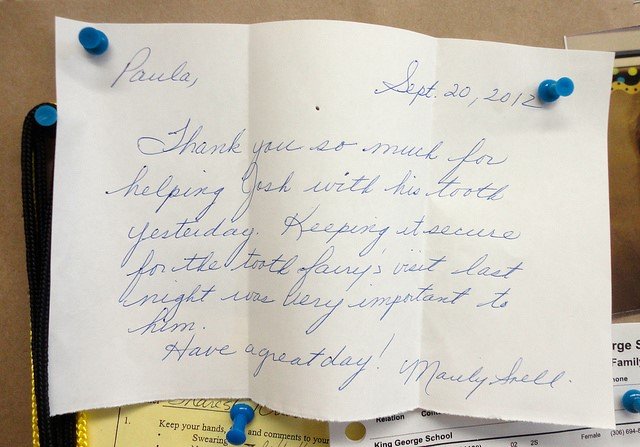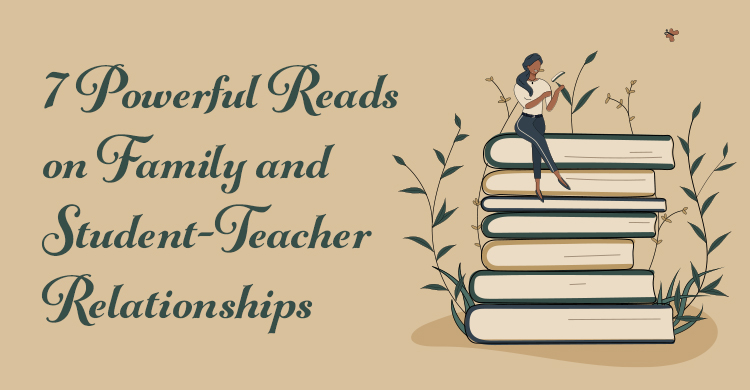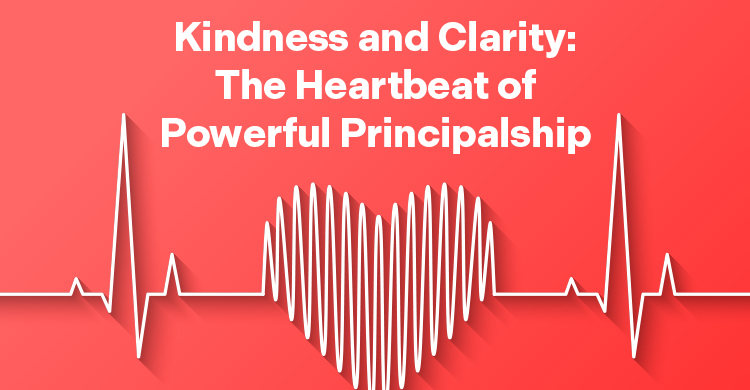Disclaimer: This weblog contains the opinions and ideas of Dean Shareski. While there may be references to my work and content which relates directly to my work, the ideas are mine alone and are not necessarily shared by my employer.
I realize how simplistic this sounds and also that many will read this and nod their heads and feel like either they already do this or that it’s a nice but unnecessary component. But I can tell you that in general, schools and districts generally suck at this: gratitude.
I’ve been working for Discovery Education for five years, and I am still surprised by the frequency and sincerity of saying thank you. I don’t know where it’s written, but it’s a company that demonstrates and values gratitude. Almost every meeting, phone call, or email includes some type of thanks for someone who simply did his or her job. It’s never done simply as a courtesy; it’s very specific and intended to be shared with others, to help us see how various team members contribute to our success. Working with people all over the continent, we often have no idea what great work people are doing, so we work hard to make sure that good work gets noticed and gratitude is given. I cannot say enough about the value of this trait in the culture of this company.
I think there are a couple of reasons schools suck at gratitude. Perhaps it’s easy to assume that close physical proximity means we are aware of greatness all around us. We forget that we still work in a very isolated profession and often have little sense of what’s happening in the room next to ours, let alone a school that’s miles away. And while there are things we’re doing to increase communication, for the most part it’s just information. Gratitude and thanks are not embedded in our communication.
Another reason it’s not part of our culture is that nobody goes into teaching for the cash, and nobody goes into it to be recognized. Everyone knows this, and I’m afraid that we subconsciously assume that this is the norm—that saying thank you might be nice, but it’s not really necessary.

A few years back, I was in my wife’s classroom in the spring and noticed a note pinned to her cupboard. It was from a grandparent thanking my wife for putting her grandson’s tooth in a baggie after it fell out in class. If you’re a primary teacher, you do that countless times a year. It’s nothing out of the ordinary. But writing a note to thank her was. It meant enough to my wife for her to post it and leave it visible for months. If you don’t think saying thank you is a big deal, you’d be wrong.
Think about all the things that happen in a day at any given school. Think of the many teachers admittedly doing their jobs, but doing them with such eloquence and care. Think of what they do beyond the job requirements. Think of your principal and students. Think about the parents who really do want their kids to succeed. And if for some reason, you don’t see these things, you’re not looking very hard.
When you think about that, how often do you I thank them? I work with outstanding people. I see so many people across North America doing great work. I glean so much from people online sharing things that help me. Yet I don’t say thank you enough. I suppose no one ever says it enough. The problem is that so many of us aren’t making it a priority.
Of course, I have no research to back my claim, although the impacts of gratitude on individuals are quite clear, but I do believe that if leaders made this a priority—wrote it into their personal, school, or district goals—I am certain it would impact culture in ways you couldn’t imagine.
Perhaps it’s just too simple, too easy. Words like play, wonder, joy, and gratitude seem too fluffy to be included in vision and mission statements. Instead, we opt for achievement and rigor. We see those other words somehow as less suited for sophisticated and important documents. No one would suggest they aren’t important, but few people are being intentional and giving dispositions such as gratitude their rightful place in the change process.
So, I challenge myself, and you’re welcome to join me in thinking about making gratitude more intentional. Here are some places to start with examples.
Some ways to express gratitude in your school:
- Tweet at least once a day to someone specific. Use “thank you” in the message.
- Email a leader who has helped you recently.
- Post a picture of something that inspires or impresses you and credit people (not just the school but name names).
- Write a blog post. Or another blog post.
- Collect Post-It notes from students and give them to others.
There are many other ways. If you have great examples, if you’ve been on the receiving end of this, please share the impact it made. Maybe if we let folks know how much of a difference this makes, people will act. It’s very easy to nod your head and agree, yet not enough of us are doing this regularly, consistently, and with sincerity.
Most of you reading this are involved in some type of change, either at the leadership or implementation level. Some of you are frustrated with the lack of progress. Others are amazed at the way people have embraced new ideas. Most of you are somewhere in the middle. If you want to see the change accelerate, start building a culture of gratitude, not just to advance your agenda but because you’re a caring, thoughtful person. You can start today.







